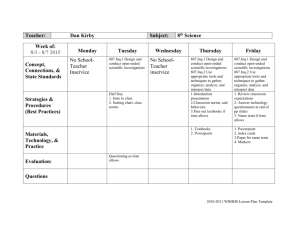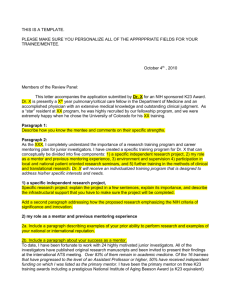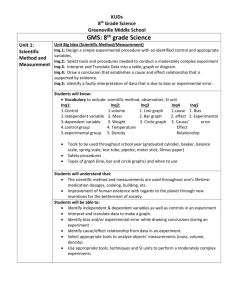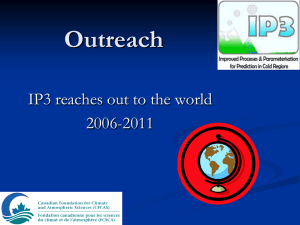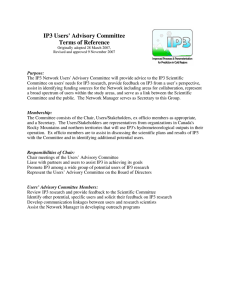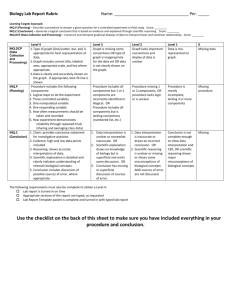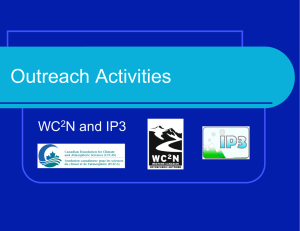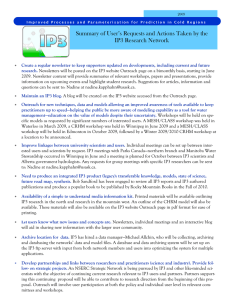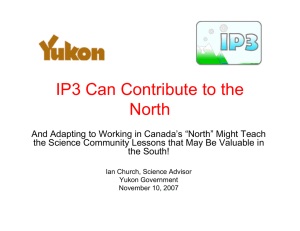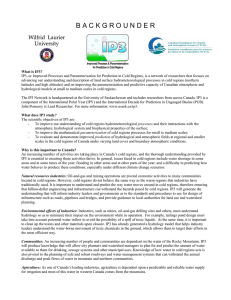Grant Committee Letter - University of Colorado Denver
advertisement
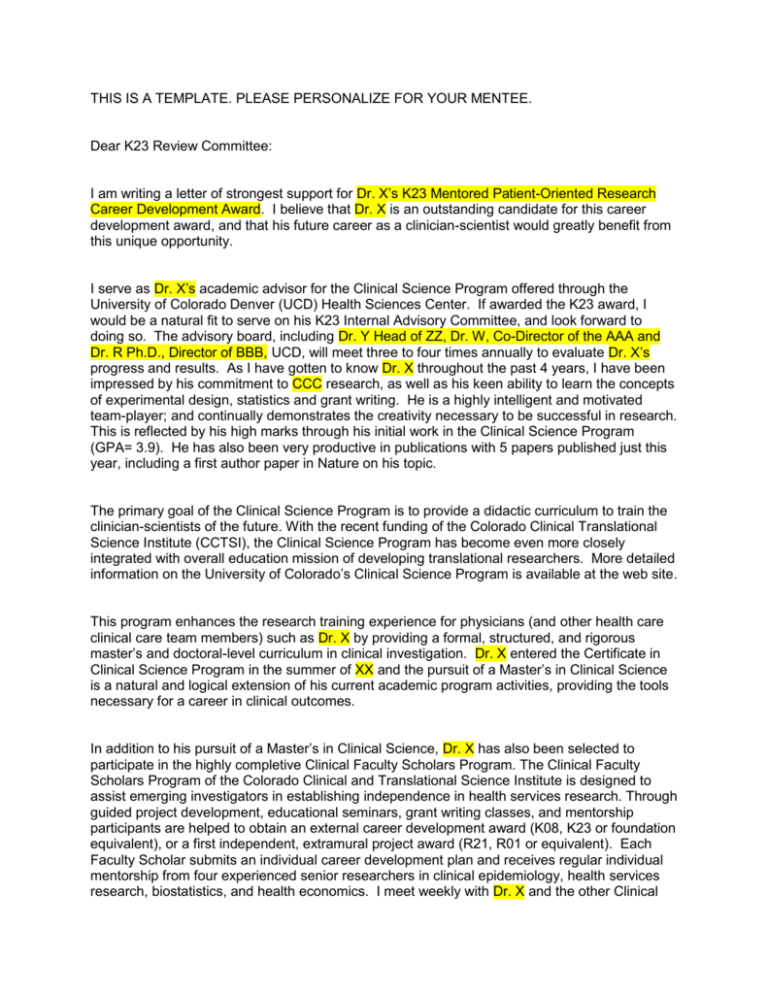
THIS IS A TEMPLATE. PLEASE PERSONALIZE FOR YOUR MENTEE. Dear K23 Review Committee: I am writing a letter of strongest support for Dr. X’s K23 Mentored Patient-Oriented Research Career Development Award. I believe that Dr. X is an outstanding candidate for this career development award, and that his future career as a clinician-scientist would greatly benefit from this unique opportunity. I serve as Dr. X’s academic advisor for the Clinical Science Program offered through the University of Colorado Denver (UCD) Health Sciences Center. If awarded the K23 award, I would be a natural fit to serve on his K23 Internal Advisory Committee, and look forward to doing so. The advisory board, including Dr. Y Head of ZZ, Dr. W, Co-Director of the AAA and Dr. R Ph.D., Director of BBB, UCD, will meet three to four times annually to evaluate Dr. X’s progress and results. As I have gotten to know Dr. X throughout the past 4 years, I have been impressed by his commitment to CCC research, as well as his keen ability to learn the concepts of experimental design, statistics and grant writing. He is a highly intelligent and motivated team-player; and continually demonstrates the creativity necessary to be successful in research. This is reflected by his high marks through his initial work in the Clinical Science Program (GPA= 3.9). He has also been very productive in publications with 5 papers published just this year, including a first author paper in Nature on his topic. The primary goal of the Clinical Science Program is to provide a didactic curriculum to train the clinician-scientists of the future. With the recent funding of the Colorado Clinical Translational Science Institute (CCTSI), the Clinical Science Program has become even more closely integrated with overall education mission of developing translational researchers. More detailed information on the University of Colorado’s Clinical Science Program is available at the web site. This program enhances the research training experience for physicians (and other health care clinical care team members) such as Dr. X by providing a formal, structured, and rigorous master’s and doctoral-level curriculum in clinical investigation. Dr. X entered the Certificate in Clinical Science Program in the summer of XX and the pursuit of a Master’s in Clinical Science is a natural and logical extension of his current academic program activities, providing the tools necessary for a career in clinical outcomes. In addition to his pursuit of a Master’s in Clinical Science, Dr. X has also been selected to participate in the highly completive Clinical Faculty Scholars Program. The Clinical Faculty Scholars Program of the Colorado Clinical and Translational Science Institute is designed to assist emerging investigators in establishing independence in health services research. Through guided project development, educational seminars, grant writing classes, and mentorship participants are helped to obtain an external career development award (K08, K23 or foundation equivalent), or a first independent, extramural project award (R21, R01 or equivalent). Each Faculty Scholar submits an individual career development plan and receives regular individual mentorship from four experienced senior researchers in clinical epidemiology, health services research, biostatistics, and health economics. I meet weekly with Dr. X and the other Clinical Faculty Scholars with along with the rest of the mentorship team to discuss research in progress and their grant applications. Most importantly, Dr. X has chosen an excellent primary research mentor, Dr. DDD. Dr. DDD is a senior Clinical Science Program faculty member, having successfully mentored other PhD students and previous K23 recipients (such as Dr. EEE). To establish the feasibility and gather pilot data for this study, Dr. DDD and Dr. X have started a ‘tsutsugemushi fever’ clinic at Denver’s Best Hospital, and have a cohort of over 100 ‘tsutsugemushites’ identified in the Denver area. Together, they will collaboratively represent an innovative multi-disciplinary team that will be able to successfully design, implement, and improve the research in this cutting edge scientific field. In addition to his primary mentor, Dr. DDD, Dr. X will have access to over 70 Graduate School faculty members from a wide diversity of departments to provide him support in his research endeavors. On behalf of the entire Clinical Science Program faculty, our Graduate School faculty leadership team fully endorses Dr. X’s plans to establish himself as an independent clinician-scientist leading this field forward in the future. In summary, Dr. X is a talented, organized, efficient, hard-working, and intelligent individual. It is my strong belief that he will be successful in his chosen research endeavors and make an important contribution to understanding the role of biomarkers in the outcomes of tsutsugemushi fever. Dr.X’s passion, enthusiasm and drive to make a difference are self-evident – as he is one of the best and brightest students participating in our Clinical Science courses and the Clinical Faculty Scholars Program. Thus, I have great confidence that he will be fully successful within this mentored graduate degree program to achieve his research project goals.
